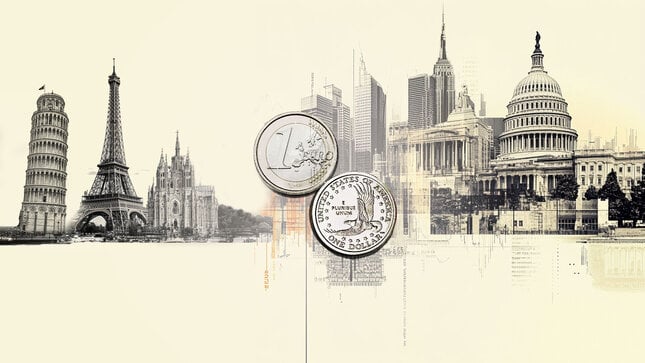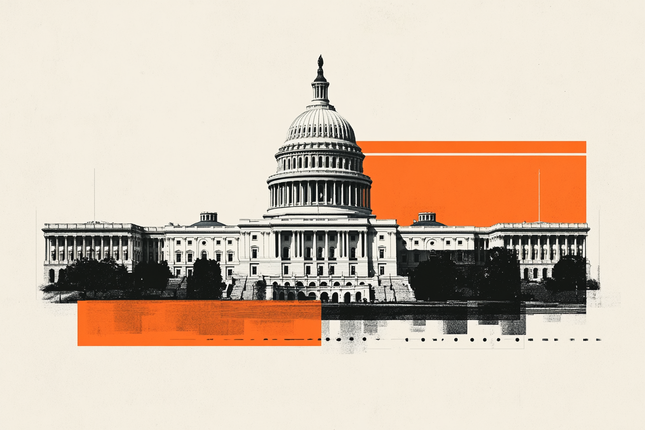Is it true? Does a 2:1 profit/loss ratio matter?
The first thing to recognize is that a successful trader is measured by profitability, not maintaining an industry-expected risk reward. Trading manuals and Forex gurus have long trumpeted the 2:1 risk reward ratio as a guidepost for traders. Traders in turn march dutifully to the mantra of 2:1 risk reward ratio.
Let's look at some examples in the forex market to test the traditional wisdom.
Trader A has a taste for risk in her trading style and accepts a healthy $400 average loss. But she is making an average of $800 on her winning trades - an "admired" 2:1 risk reward. But her winning percentage is only 30%. For every 10 trades she thus loses an average of $40, despite her 2:1 risk reward that is widely advocated.
Trader B, on the other hand, makes an average of only $175 on her winning currency trades but still endures a $400 average loss - a frowned-upon risk reward on 1:2.29. Yet she makes a gain on 70% of her trades. For every ten trades she makes she realizes a profit of $25.
What is at work here is not the risk reward ratio that is determining profitability but the risk reward ratio operating in tandem with winning percentage. It is the expected win percentage AND the fundamentals of the risk reward ratio that must be continually evaluated.
When playing the forex market traders must determine the style of trader they are, not blindly pursue industry-recommended ratios. Once a calculation is derived to tag your win percentage as a trader, then you can figure what risk reward ratio is needed at a minimum to make a trade pay off.
Traders with lower win rates must make sure their trades average larger risk rewards to deliver bottom line profitability. Others who are not willing to take large hits for a big score will push their trading activities towards a higher win rate and smaller risk reward ratios.
Too often trades are labeled a good play if they present rewards two and three times the money risked. But what if the trade has a success rate of only 10%? Who is going to make that "good" trade now? On the other hand if your research shows a statistical edge that provides a 90% win probability what will it matter if you are trading with a 2:1 risk reward or a 1:5 risk reward? Trading in the forex market can't be executed in knee-jerk fashion based on accepted ratios born in an informational vacuum.
There are many roads to success in the forex market but one road is pitted with more potholes than the rest - following traditional wisdom.
Editors’ Picks

EUR/USD: Fed calm, ECB steady, but the Dollar still leads Premium
EUR/USD is still struggling to find real traction. The pair has tried to stabilise, but momentum keeps fading, leaving the door open to further weakness.

Gold: Falling US yields, geopolitics help XAU/USD hold ground Premium
Gold (XAU/USD) gained traction and climbed above $5,200, ending the fourth consecutive week in positive territory. The next round of US-Iran talks and crucial macroeconomic data releases from the US will be watched closely by market participants in the short term.

GBP/USD: Will Pound Sterling defend key 1.3450 support ahead of US jobs data? Premium
The Pound Sterling (GBP) entered a bearish consolidation phase against the US Dollar (USD), after having tested critical support near the 1.3450 level on several occasions.

Bitcoin: Another month of losses, and it’s been five
Bitcoin (BTC) price is stabilizing around $68,000 at the time of writing on Friday, but the Crypto King is poised to close February on a fragile footing, marking its fifth consecutive month of losses since October and a rare start to the year with back-to-back monthly corrections.

US Dollar: At a crossroads; Fed steady, tariffs in flux Premium
The US Dollar’s (USD) upward momentum from the previous week seems to have encountered a tough nut to crack in the 98.00 region, as measured by the US Dollar Index (DXY).
RECOMMENDED LESSONS
Making money in forex is easy if you know how the bankers trade!
I’m often mystified in my educational forex articles why so many traders struggle to make consistent money out of forex trading. The answer has more to do with what they don’t know than what they do know. After working in investment banks for 20 years many of which were as a Chief trader its second knowledge how to extract cash out of the market.
5 Forex News Events You Need To Know
In the fast moving world of currency markets where huge moves can seemingly come from nowhere, it is extremely important for new traders to learn about the various economic indicators and forex news events and releases that shape the markets. Indeed, quickly getting a handle on which data to look out for, what it means, and how to trade it can see new traders quickly become far more profitable and sets up the road to long term success.
Top 10 Chart Patterns Every Trader Should Know
Chart patterns are one of the most effective trading tools for a trader. They are pure price-action, and form on the basis of underlying buying and selling pressure. Chart patterns have a proven track-record, and traders use them to identify continuation or reversal signals, to open positions and identify price targets.
7 Ways to Avoid Forex Scams
The forex industry is recently seeing more and more scams. Here are 7 ways to avoid losing your money in such scams: Forex scams are becoming frequent. Michael Greenberg reports on luxurious expenses, including a submarine bought from the money taken from forex traders. Here’s another report of a forex fraud. So, how can we avoid falling in such forex scams?
What Are the 10 Fatal Mistakes Traders Make
Trading is exciting. Trading is hard. Trading is extremely hard. Some say that it takes more than 10,000 hours to master. Others believe that trading is the way to quick riches. They might be both wrong. What is important to know that no matter how experienced you are, mistakes will be part of the trading process.
The challenge: Timing the market and trader psychology
Successful trading often comes down to timing – entering and exiting trades at the right moments. Yet timing the market is notoriously difficult, largely because human psychology can derail even the best plans. Two powerful emotions in particular – fear and greed – tend to drive trading decisions off course.


